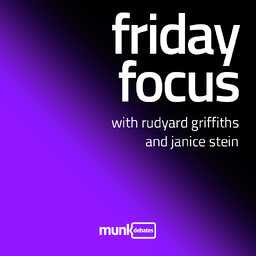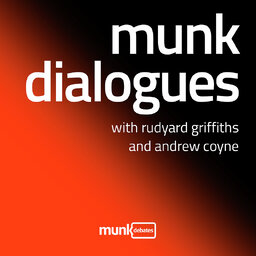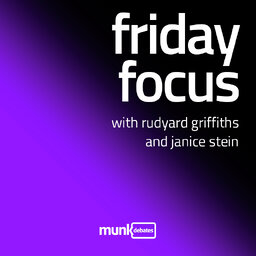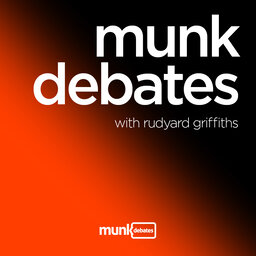Be it resolved Let’s engineer a better human being
We’ve come a long way since DNA was first discovered in the mid 19th century. Today’s scientists are using powerful engineering techniques to edit genes in human eggs and sperm, curing diseases and repairing defective genes before a child is even born. Some scientists are excited about these therapies, championing them as an exciting opportunity to create immunity to viruses, eliminate serious illnesses like AIDS, Alzheimer’s, and cancer, and possibly reverse aging. Like prior innovations in medicine and technology, why wouldn’t we embrace a science that allows people to live longer, healthier, and happier lives? Others are alarmed. They are worried that these new techniques raise a host of profound ethical issues. While eliminating genetic diseases is a worthwhile endeavor, many parents might be inclined to use this science to create designer babies: children who are smarter, taller, or have other supposedly desirable traits. And these tools aren’t cheap. They will surely be available to the rich first, creating a terrifying new dimension to the growing economic inequality crisis. Scientists also point out that ‘playing god’ and editing genes will alter our DNA code forever, and one mistake could inadvertently introduce new diseases into the human gene pool. While the desire to cure genetic diseases is a noble one, the manipulation of our DNA is more likely than not to push humanity towards a dangerous and dystopian future no one wants.
Arguing for the motion is George Church, Professor of Genetics at Harvard Medical School, Professor of Health Sciences and Technology at Harvard and MIT
Arguing against the motion is Joyce Harper, Professor of Reproductive Science at the Institute for Women's Health, University College London.
GEORGE CHURCH
“If we bring the cost down, help with education, and make sure there's a dialogue that goes on in both directions, then everybody will have access.”
JOYCE HARPER
“I worry that these technologies will not be accessible to all and I also worry that people will use them for non-medical reasons. We will have a rich-poor divide that will become bigger and bigger as technology advances.”
Sources:
ABC News, France24, Today Show, NBC News, VICE, PBS, Gattaca, Critical Past
The host of the Munk Debates is Rudyard Griffiths - @rudyardg.
Tweet your comments about this episode to @munkdebate or comment on our Facebook page https://www.facebook.com/munkdebates/
To sign up for a weekly email reminder for this podcast, send an email to podcast@munkdebates.com.
To support civil and substantive debate on the big questions of the day, consider becoming a Munk Member at https://munkdebates.com/membership
Members receive access to our 10+ year library of great debates in HD video, a free Munk Debates book, newsletter and ticketing privileges at our live events.
This podcast is a project of the Munk Debates, a Canadian charitable organization dedicated to fostering civil and substantive public dialogue - https://munkdebates.com/
The Munk Debates podcast is produced by Antica, Canada’s largest private audio production company - https://www.anticaproductions.com/
Senior Producer: Ricki Gurwitz
Editor: Reza Dahya
In 1 playlist(s)
Munk Debates Podcast
The Munk Debates Podcast is dedicated to convening civil and substantive debates and dialogues on th…Social links
Follow podcast
Recent clips

Friday Focus: the U.S. and Iran inch closer to war
17:45

Trump shakes his fist at the court and will AI take everyone's jobs?
18:24

Friday Focus: Trump is trapped but lacks a military strategy in Iran
14:54
 Munk Debates Podcast
Munk Debates Podcast